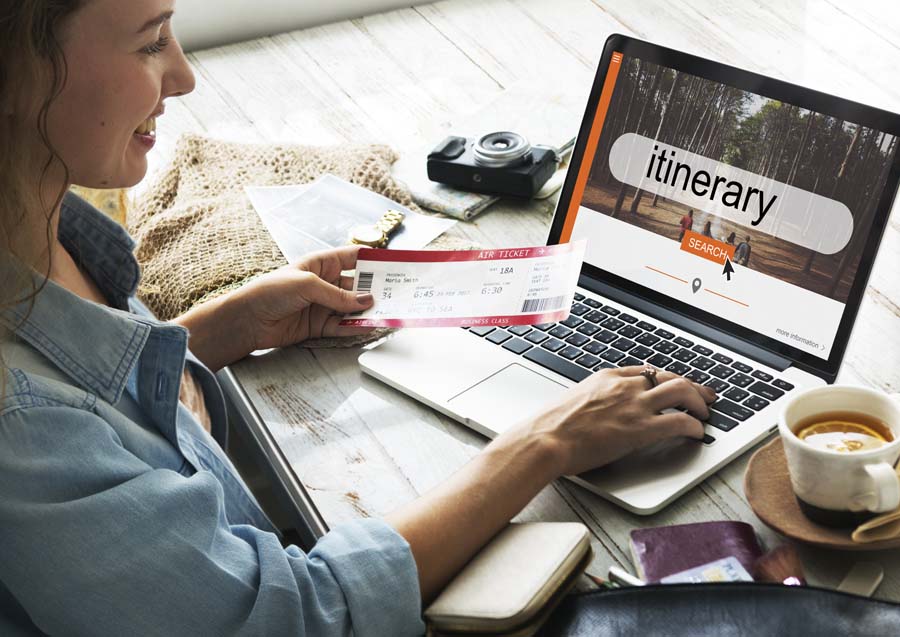
The do's and don'ts of currency exchange
Imagine landing at your destination and being "robbed of your cash" before even leaving the airport. Not a great way to start a holiday, is it?
Unfortunately, countless unwitting travellers are potentially being taken advantage of by currency exchange operators all around the world.
In this article, we look into the do's and don’ts of exchanging currency, to help you get the most bang for your buck, when you travel.
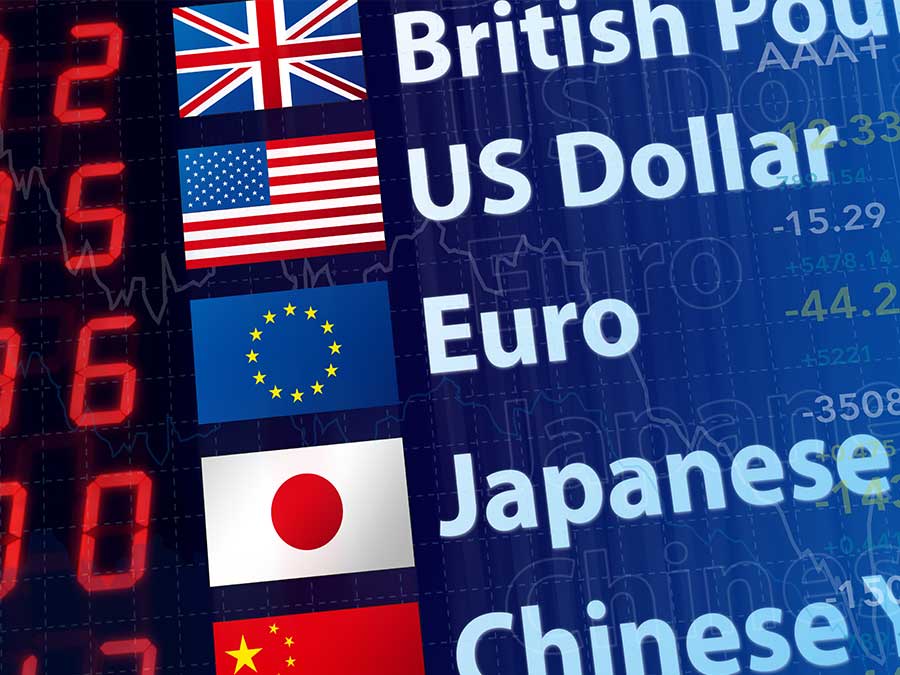
Do: learn the lingo
As any experienced traveller knows, research is key to a successful holiday. This is certainly true when it comes to getting your money’s worth at the currency exchange counter.
Learning the lingo used by exchange providers will help you to understand exactly what you’re getting and may help to avoid unexpected costs. If you’re confused about any jargon when exchanging money, it’s a good idea to look up these terms in a foreign exchange glossary. A few key terms to understand include:
Floating system:
A currency (for example US Dollars) where the exchange rate is determined by market factors (like supply and demand, investment and imports).
Pegged system:
A currency (like the Hong Kong Dollar) where the exchange rate is determined by another country’s currency, usually the USD.
Retail exchange rate:
The foreign exchange rate that exchange companies and banks offer to individuals wanting to buy or sell currency.
Sell rate:
The rate at which you are sold foreign currency in exchange for local currency (e.g. NZD to USD).
Buy rate:
The rate at which you are sold local currency in exchange for foreign currency (e.g. USD to NZD).
Commission:
The common fee exchange providers charge for their services.
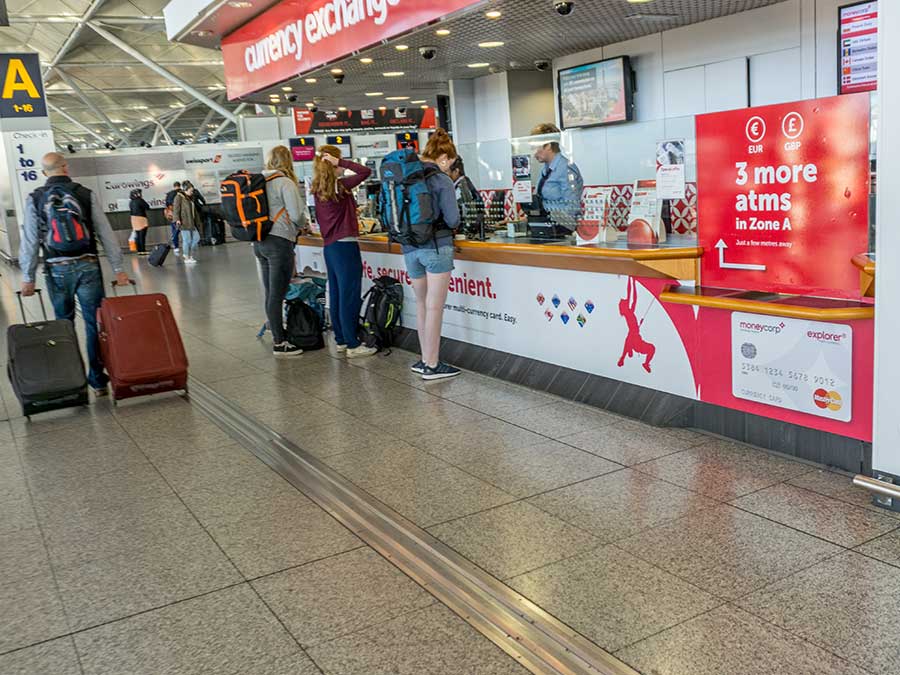
Don’t: leave it to the last minute
Leaving your currency exchange to the last minute can leave you at the mercy of the market. Or worse, it can leave you at the mercy of the expensive exchange providers at the airport!
It’s a good idea to begin watching the markets as soon as you’ve booked your holiday so you can pounce on periods of favourable rates. Depending on your destination, it can also take several days for the exchange provider to obtain your foreign currency.
The XE Currency Converter is a trusted source of live exchange rates, where you can do conversions for all major and minor currencies.
Do: shop around
Whether it’s flights, accommodation or insurance, booking your holiday is all about shopping around. Be prepared to do some digging to find the best exchange rate available, and remember to be wary of any hidden costs.
Like airports, the larger banks have a poor reputation when it comes to currency exchange. At first look it may seem like you’re getting a competitive exchange rate, however when you factor in the exchange fees and commissions they charge, this may not be the case.
Websites like Best Exchange Rates are a good place to start in finding currency exchange rate comparisons.
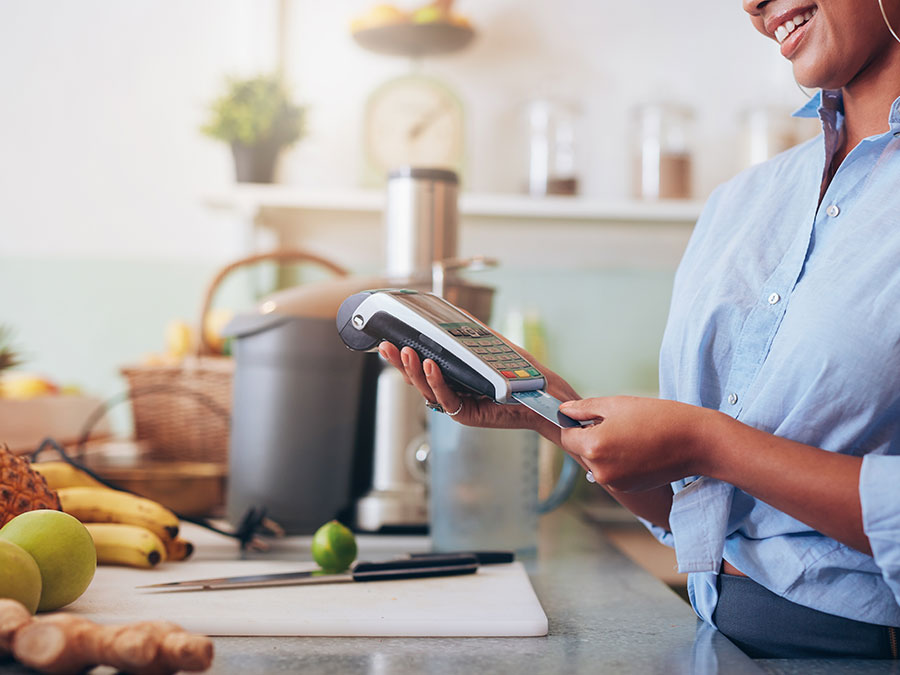
Don’t: get sucked into misleading offers
Just like a bank account offering zero account fees, or a car dealer offering free servicing for a year, there’s usually fine print when it comes to offers that sound too good to be true.
The same goes for exchange providers who promote their “no commission” services - always read the subtext and research thoroughly for the best deal. For example, you may be charged extra fees depending on:
- The currency you’re buying
- The size of the transaction
- Whether or not you’ve used the provider before, because some offer loyalty rewards
And remember, the ‘retail exchange rate’ is the one that is offered to individuals like you. Don’t be sucked in by advertisements of the ‘wholesale exchange rate’ - this is only available to large financial institutions who are buying and selling significant amounts of money.
Do: negotiate
You may think that the exchange rate is non-negotiable, but when it comes to providers who are competing for your business, you’ll find that they are often willing to budge. It’s always worth trying to negotiate a slightly better rate, especially if you’re ordering a larger sum of cash.
If you’re buying less than $500 of foreign currency, it’s unlikely that your negotiations will be successful. But if you’re buying a large amount, or have been quoted a poor rate, it’s well-worth your time to ask for more, even at local banks.

Don’t: buy too much
When a good exchange rate presents itself, you may be tempted to go all in and order a large sum of cash. This could be a cost-effective option at the time, but travelling with a large sum of money can be a recipe for disaster.
Pickpockets exist all around the world, and every one of them salivates at the thought of a wallet full of cash notes.
Instead of loading up with a briefcase full of money, consider combining your physical currency with a travel money debit card to reduce risk. Keeping your money and travel documents safe is one of the most important things to remember while travelling.
Don’t: be duped by Dynamic Currency Conversion
Dynamic Currency Conversion (DCC) is pitched as an easy way for travellers to pay using their home currency.
For example, imagine you’re using your travel card to settle the bill at a restaurant in France. The waiter kindly offers you the option to pay using New Zealand Dollars, instead of the Euro. You accept, thinking that using a currency you’re familiar with will be an easy way to keep track of your spending. However, only later do you notice that the meal ended up costing significantly more than you bargained for, due to an exorbitantly high exchange rate offered by DCC.
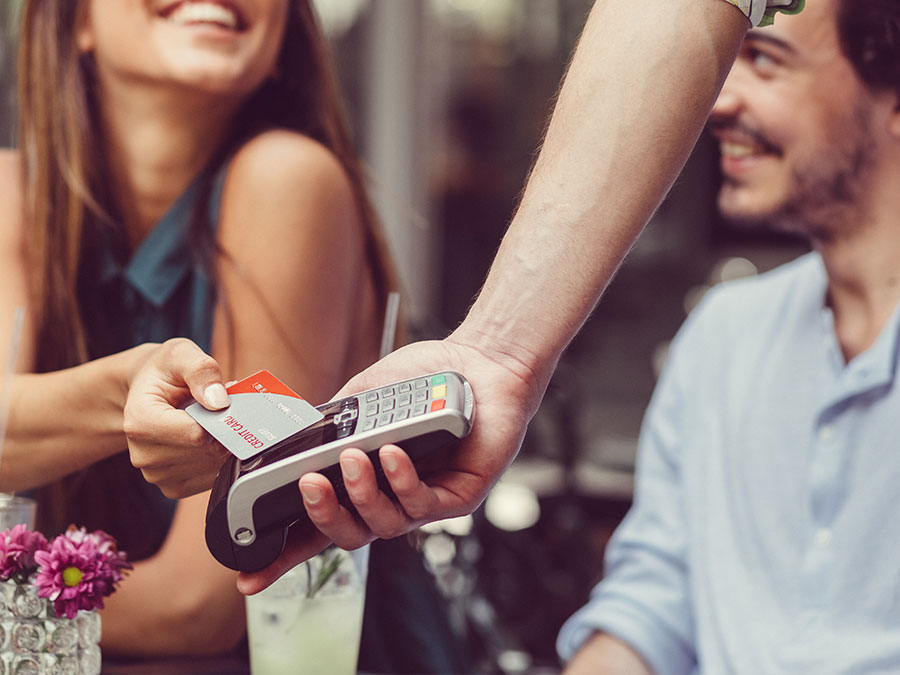
Do: research your travel cards carefully
Travel money cards are a popular way to access your money while overseas. However, like currency exchange providers, not all travel cards are created equal. Some travellers have been stung by unexpected fees when ‘loading' money onto their cards, or at the foreign ATM when withdrawing cash.
Unwary travellers have also been caught storing their travel card PIN number alongside their card, which is a gift for pickpockets.
The content of this article is general and provided for information purposes only. Southern Cross Travel Insurance (SCTI) doesn’t guarantee or warrant the accuracy, completeness or currency of any article.
This article may contain hyperlinks to other websites owned or operated by third parties, or references to third party products or services. SCTI isn’t responsible for, and makes no recommendation about, the content or accuracy of any third party website, or for the suitability or performance of any product or service. The inclusion of a link in this article doesn’t imply that SCTI endorses the website or third party product/service.





